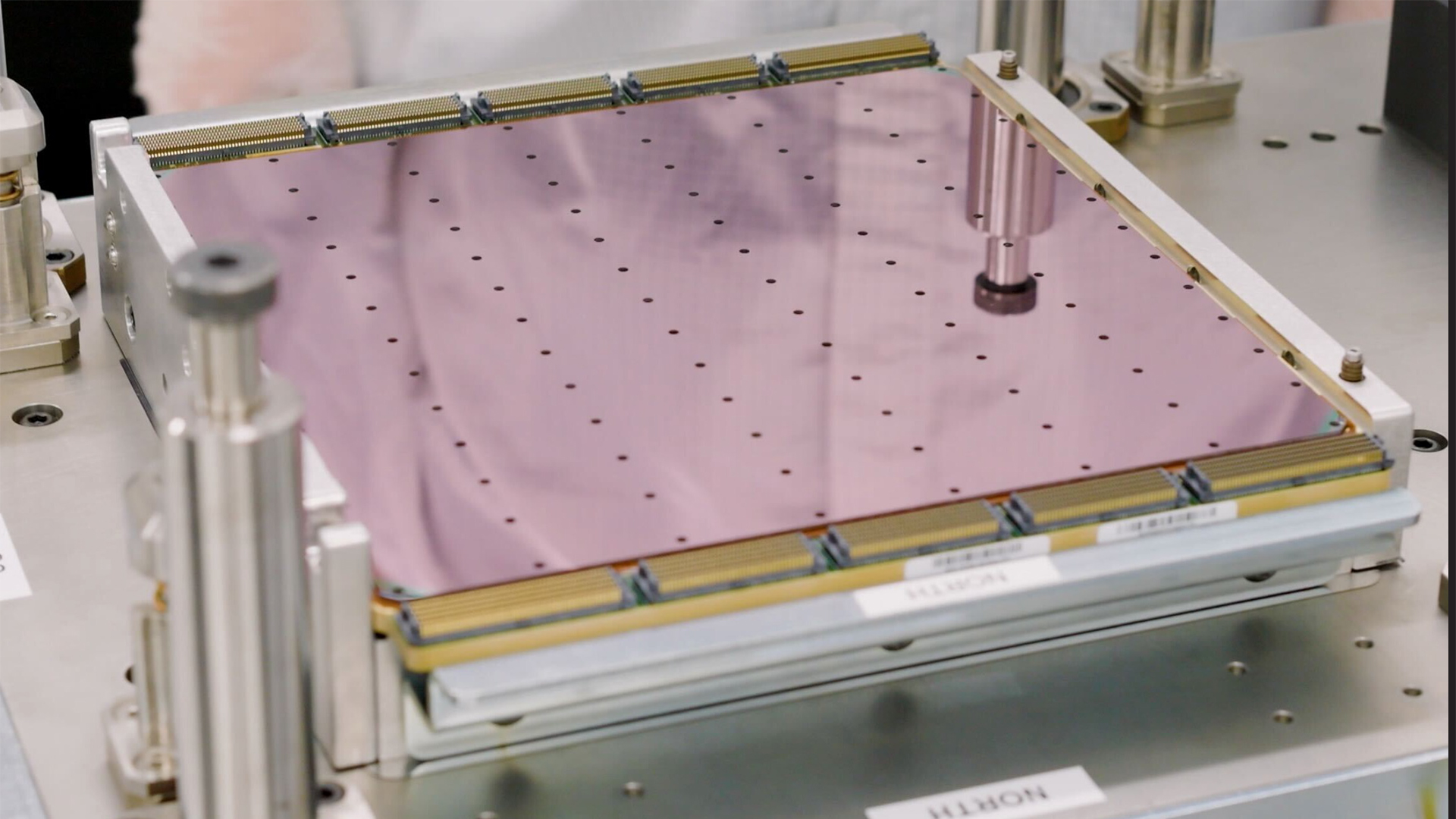
Reuters reports that Cerebras is expected to delay its planned IPO due to complications with a U.S. government review of a minority investment from the UAE-based company G42. The review, conducted by the Committee on Foreign Investment in the United States (CFIUS), is focused on potential national security risks associated with G42's involvement.
The CFIUS is investigating the stake the UAE-based Group 42 plans to take in Cerebras, assessing whether the UAE-based investment could pose national security concerns. G42 is committed to buying $335 million worth of Cerebras shares, giving it a stake exceeding 5%. The investment plan sparked the U.S. investigation due to fears of G42's potential role in funneling AI technology to regions restricted by U.S. export laws, particularly China.
G42 is Cerebras's primary customer, and sales to the UAE-based company accounted for 83% of the AI company's revenue in 2023. Cerebras has been collaborating with G42 to train a large Arabic language model, now available through Microsoft Azure. Also, Group 42 currently holds less than 5% of Cerebras's Class A shares but may buy more based on the volume of its future purchases from Cerebras, the companies said earlier this month.
Cerebras hopes to receive clearance for an IPO from CFIUS by the end of this year, but the timing remains uncertain. According to Reuters, the company had scheduled its IPO roadshow for the upcoming weeks but is now likely to delay these plans. As the review process with CFIUS remains incomplete, it creates uncertainty around the company's timeline for going public.
Going public would give Cerebras the necessary money to better compete against various rivals, including Nvidia, AMD, and Intel. While the company probably has enough finances for now, IPO delays could impact its ability to compete in the longer term as it needs to build new products.
According to Reuters, Cerebras and G42 modified their CFIUS filing to streamline the review process, clarifying that G42's shares will be non-voting shares. The companies argued that this adjustment should exempt the transaction from a detailed CFIUS review. Despite this, the regulatory body is still evaluating the situation and has not yet approved it.
The U.S. Treasury Department, which oversees CFIUS, has stated that it would continue to take necessary steps to protect national security interests but has not commented on the specifics of the Cerebras case.







